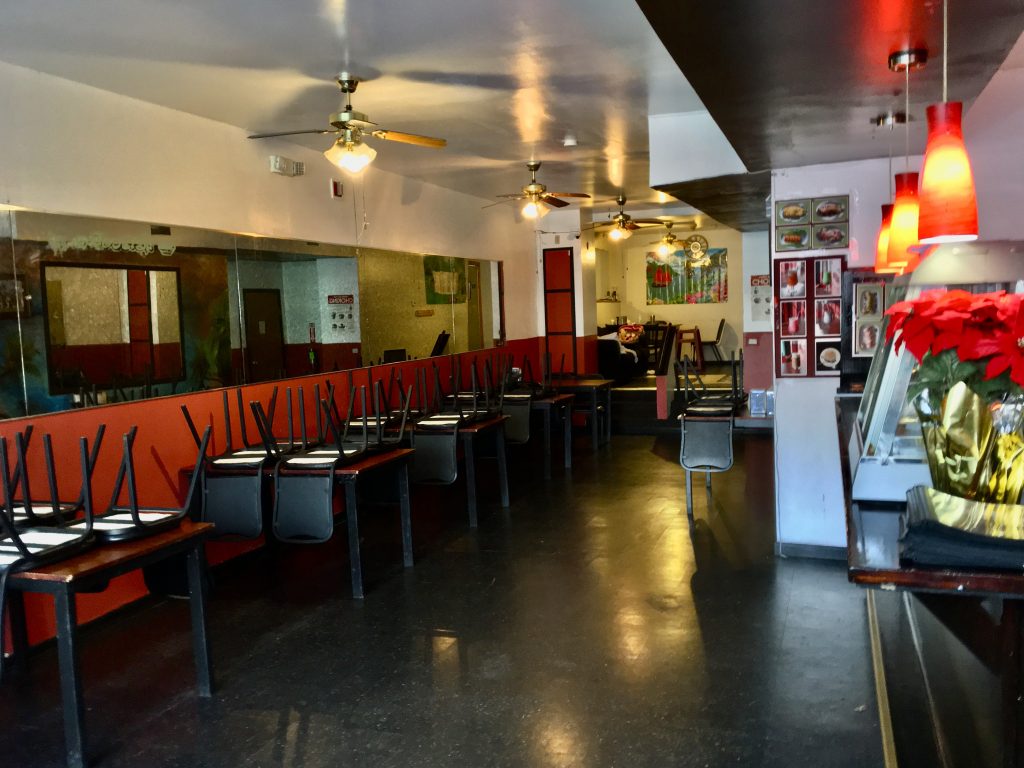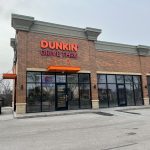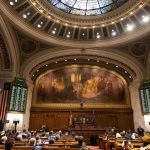The Rise Of The ‘Introvert Economy’
All the city news you can use.
Every day at The Overhead Wire we sort through over 1,500 news items about cities and share the best ones with our email list. At the end of the week, we take some of the most popular stories and share them with Urban Milwaukee readers. They are national (or international) links, sometimes entertaining and sometimes absurd, but hopefully useful.
Housing shortage is reorganizing environmentalism: After the City of Minneapolis made some regulatory changes to its zoning and development codes to allow more missing middle housing types, opposition groups came out to sue the city to stop the changes from happening under Minnesota’s environmental laws. The ensuing debate over the 2040 plan has broken open generational and ideological divides on what environmentalism means. (Jerusalem Demsas | The Atlantic)
Transit agencies are climate agencies: Around the country a lot of State DOTs are continuing the business as usual approach to transportation that to them means expanding roads. But those policies also fly in the face of stated climate policy that is intended to reduce emissions. By funding transit expansion and maintenance, states can expect to reduce emissions and while some states such as Colorado and Minnesota are moving that direction, more need to follow to tackle the climate issue. (Emily Pontecorvo | HeatMap)
The introvert economy: The pandemic profoundly changed American life and in many ways sped up existing trends in socializing and night life experiences. Allison Schrager says the larger reliance on home delivery and staying in instead of going out has created a new “Introvert Economy.” Younger people were already trending in this direction before the pandemic, but the experiences during that time period probably accelerated the trends of reduced drinking, dating, and socializing. (Allison Schrager | Bloomberg)
Lessons from TfL on Open Loops: Transport for London have long been considered the leaders in open loop payment systems that allow for contactless and pay-as-you-go transactions. The agency handles 3 million contactless transactions per day from cards and phones. But one of the major issues keeping all agencies from adopting these types of systems is that not everyone has a card or phone that works on the system, so a closed loop card is still needed. A solution, according to Cubic’s Aaron White, could be account-based ticketing. (Aaron White | Railway Technology)
No permits without affordable housing: A Los Angeles Superior Court judge has told the City of Beverly Hills that it can not issue any permits for any construction except new housing. That is the punishment for not planning and building enough affordable homes to conform with a 50-year-old state law. While the State of California has grown to almost 40 million people, Beverly Hills has actually lost 1,000 people since 1970. (Chris Michael | The Guardian)
$80B for transit operations: Rep. Hank Johnson of Georgia has introduced a bill that would provide up to $80B in federal funding for transit operations at agencies around the country. With a fiscal cliff coming for many agencies that are in a deficit because of slow ridership rebound after the pandemic, the funds would be a lifeline to preserve and even expand service. The program is also meant to support more transit service in rural areas and communities with higher levels of poverty. (Dan Zukowski | Smart Cities Dive)
Quote of the Week
“‘For paint and dye manufacturers, arsenic was a cheap commodity that increased the brilliance and durability of pigments, especially when applied to wallpapers. The public loved the bright colors of the new wallpapers and even when they learned the dyes contained arsenic, they did not consider the wallpapers dangerous — as long as you did not lick them.’ What the public didn’t realize was that, in damp conditions, the arsenic released a lethal gas.”
Lucinda Hawksley in CNN discussing the deadly effects of arsenic in Victorian Era wallpaper.
This week on the podcast, we’re joined by John King, Urban Design Critic at the SF Chronicle, to talk about his book Portal: San Francisco’s Ferry Building and the Reinvention of American Cities.
If you think stories like this are important, become a member of Urban Milwaukee and help support real, independent journalism. Plus you get some cool added benefits.
Urban Reads
-
Congestion Pricing Cuts Air Pollution in New York City
 Dec 14th, 2025 by Jeff Wood
Dec 14th, 2025 by Jeff Wood
-
We Think We Love to Drive. But Do We Really?
 Dec 7th, 2025 by Jeff Wood
Dec 7th, 2025 by Jeff Wood
-
Can Scott Wiener Tackle America’s Housing Crisis?
 Nov 23rd, 2025 by Jeff Wood
Nov 23rd, 2025 by Jeff Wood






















